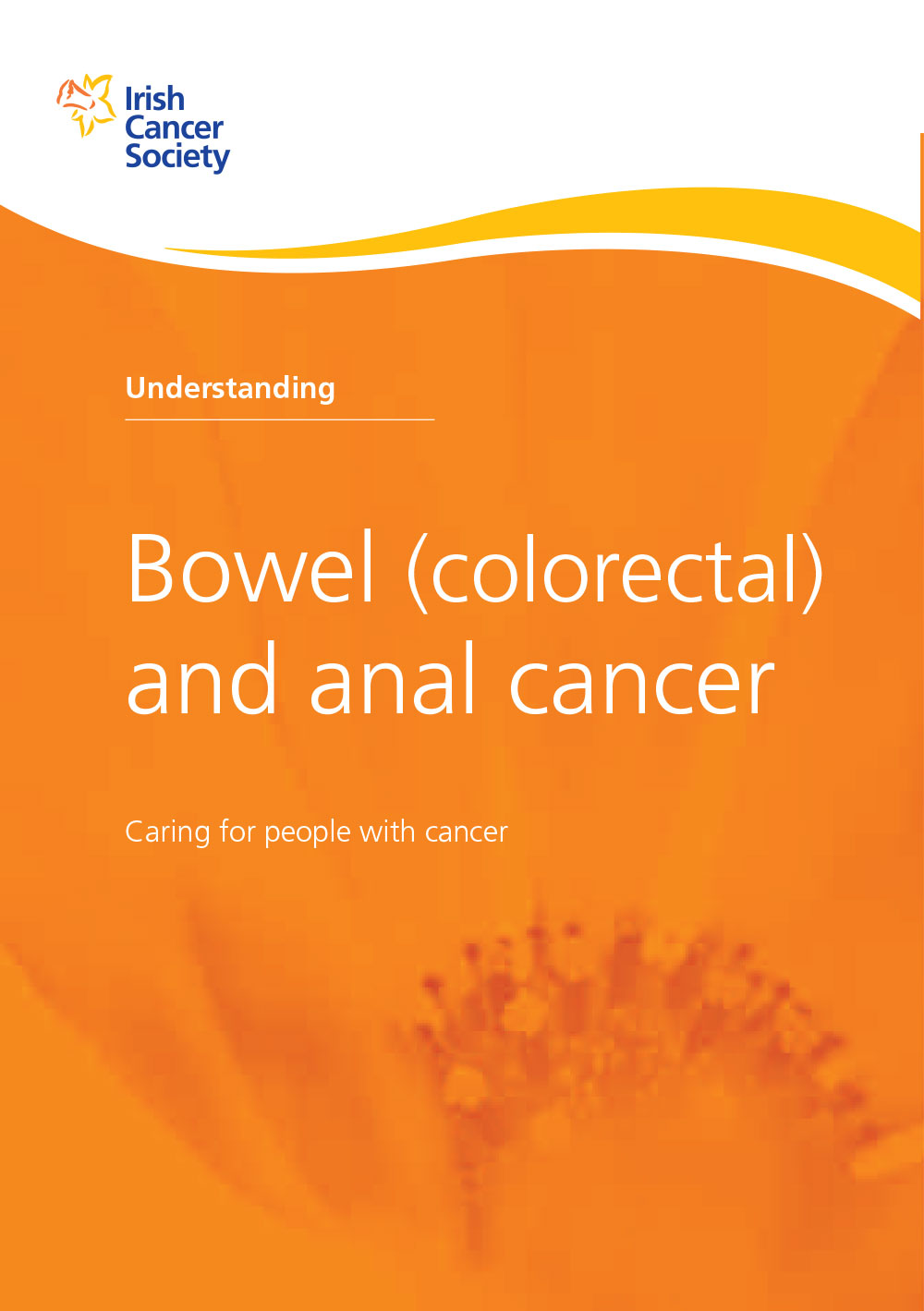Bowel (colorectal) cancer
Treatment
How is bowel cancer treated?
Treatment option include surgery, chemotherapy and radiotherapy. The type of treatment you have will depend on:
- The size of the tumour
- Where the cancer is in your body
- If it has spread to your lymph nodes or other parts of your body
- Your general health
A team of healthcare professionals (multidisciplinary team) will recommend a treatment plan specific to you.
Treatment options for bowel cancer
Surgery is the main treatment for cancer in the colon or rectum. Surgery can often cure the cancer, if it’s found early.
Read more about surgery for bowel cancer.
This means having chemotherapy and radiotherapy together. Chemoradiation can be used before or after surgery for rectal cancer to reduce the risk of the cancer coming back. It can also help to shrink the cancer before surgery.
You might have chemotherapy after surgery to reduce the risk of the cancer coming back. It’s also used to treat cancer that has spread.
Radiotherapy can be used before or after surgery for rectal cancer to reduce the risk of the cancer coming back. It can also help to shrink the cancer before surgery. Radiotherapy may also be used to relieve symptoms if the cancer has spread. This is called palliative radiotherapy.
Targeted therapy drugs work by stopping cancer cells growing or spreading. They may be given if the cancer has spread to nearby tissues or other parts of the body (metastatic cancer).
Will I get side-effects?
The type of side-effects you get will depend on the type of treatment, the dose, the duration and your own general health.
You can read about the different treatments to find out about possible side-effects. Ask your doctor or nurse specialist about possible treatments and tell them if you have any problems after treatment.
We have more information about coping with side-effects and symptoms.
Treating metastatic bowel cancer
Metastatic or secondary bowel cancer means the cancer has spread beyond the bowel. Remember that not all bowel cancers spread.
If you have metastatic bowel cancer, your doctor will aim to slow down the growth of the cancer and reduce or relieve any symptoms you have. Treatment includes surgery, chemotherapy, targeted therapies and radiotherapy. Or you may be suitable for a clinical trial. You may also have treatment to manage any symptoms from your cancer. This is called symptom control or palliative care.
Read more about metastatic cancer.




Get help & support

Support Line
Free support pack


